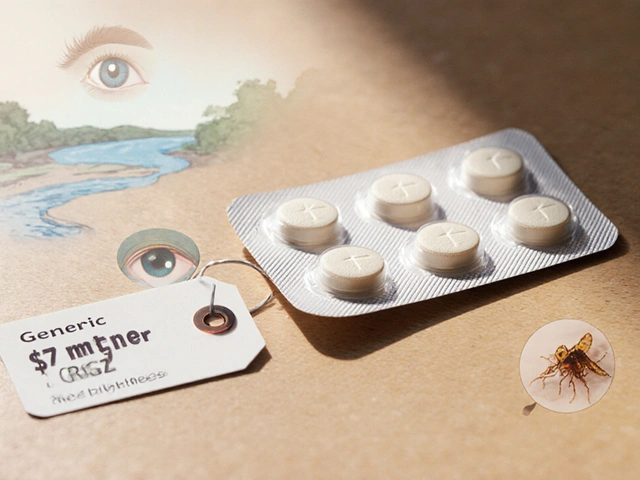Probiotics – What They Are and Why You Might Need Them
Probiotics are tiny, living microorganisms that live in your gut. They’re the good guys that help break down food, keep harmful bugs in check, and talk to your immune system. Most people hear about them in yogurt or supplement bottles, but the science behind them is pretty straightforward: add helpful bacteria, and your gut gets a boost.
If your stomach feels off, you’ve taken antibiotics lately, or you just want to keep things running smoothly, probiotics can be a handy tool. They don’t replace a balanced diet, but they can fill gaps and support overall wellness.
Top Benefits of Adding Probiotics
First up, digestion. The right strains help break down fiber, produce vitamins B and K, and keep regular bowel movements on track. People with occasional bloating or irregularity often notice improvement after a few weeks of daily probiotics.
Second, immunity. About 70% of the immune system lives in the gut, so good bacteria help train it to respond correctly. Studies show that certain probiotic strains can reduce the duration of common colds and may lessen the severity of seasonal allergies.
Third, mental health. The gut‑brain connection means that the microbes in your intestine can influence mood. While research is still early, some users report feeling less anxious after consistent probiotic use.
Choosing the Right Probiotic for You
Not all probiotics are created equal. Look for the strain name on the label – Lactobacillus acidophilus, Bifidobacterium longum, and Saccharomyces boulardii are common and well‑studied. Each strain has its own specialty, so match the strain to your goal. For example, Lactobacillus rhamnosus is often used for preventing travel‑related diarrhea, while Bifidobacterium infantis is popular for infant gut health.
Check the CFU count (colony‑forming units). A daily dose of 5‑10 billion CFUs works for most adults, but higher doses may be needed for specific conditions. Make sure the product guarantees potency through the expiration date, not just at the time of manufacture.
Quality matters. Choose brands that use third‑party testing and store the product as directed – many need refrigeration, while some are shelf‑stable. If you’re unsure, ask a pharmacist or dietitian for a recommendation.
Food sources are a simple alternative. Yogurt with live cultures, kefir, sauerkraut, kimchi, and miso all contain natural probiotics. Including a few servings a week can give you a steady supply of good bacteria without a pill.
Finally, be aware of safety. Probiotics are safe for most healthy people, but if you have a weakened immune system, recent surgery, or a serious illness, talk to your doctor first. Some rare cases report bloodstream infections from probiotic strains, so medical guidance is key for high‑risk groups.
In short, probiotics can be a practical addition to a healthy lifestyle. Pick a reputable product, match the strain to your goal, and give it a few weeks to see how you feel. Pair the supplement with a diet rich in fiber, and you’ll create a friendly environment for the good bacteria to thrive.

Probiotics and Autism Spectrum Disorder: What the Science Says
Explore how probiotics may influence autism symptoms, the gut‑brain link, key research findings, and practical tips for caregivers.




